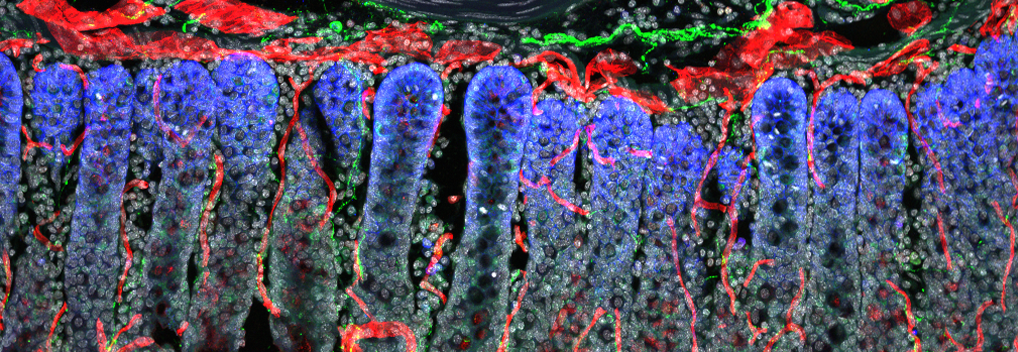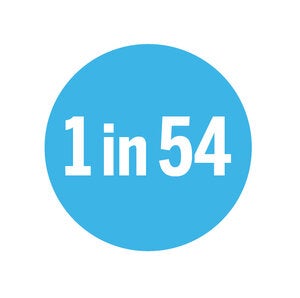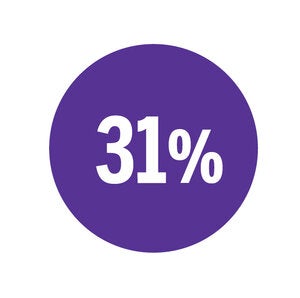For Lisa Yang, raising two children, now adults, with autism spectrum disorder (ASD) has been a decades-long journey that has changed her life and priorities. As her children have grown, so too have her concerns for their future, particularly for her son who has more pronounced needs. She worries what will happen to them when she’s no longer able to advocate for their well-being and the caliber of her son’s care. Recognizing that millions of ASD families around the world are facing similar challenges, Yang has devoted much of her time to mental health advocacy and her philanthropy to autism research.
“The search to understand the nature of this disorder is dismally underfunded. I want to help move the needle,” she says. “I want people with autism to be recognized, and accepted, for their unique talents and differences, as individuals and in the workplace. I hope that through research we can discover real-world therapies that improve quality of life for those who most need help.”
With a gift of $20 million, Yang and Hock Tan MBA ’79 launched the Hock E. Tan and K. Lisa Yang Center for Autism Research at Harvard University, complementing their past giving to establish an autism research center of the same name at the McGovern Institute for Brain Research at MIT. The two institutions share a common scientific advisory board and will hold symposia to facilitate collaboration toward a shared goal: understanding the neurobiological basis of autism and related disorders, explaining the condition’s behavior and evolution, and translating those insights into novel approaches to treat its symptoms.
“I want people with autism to be recognized, and accepted, for their unique talents and differences, as individuals and in the workplace. I hope that through research we can discover real-world therapies that improve quality of life for those who most need help.”
“We are excited and hopeful that these sibling centers at Harvard and MIT—two powerhouses of biomedical research—will continue to collaborate in a synergistic way and bring about critical new insights to our understanding of autism,” says Yang, who made an additional gift to establish the Y. Eva Tan Postdoctoral Fellowship within the center at Harvard.
A University-wide effort led by Harvard Medical School (HMS) and housed within the Harvard Brain Science Initiative (HBI), the newly established Tan-Yang Center draws upon the diverse expertise of basic, translational, and clinical scientists across the entire Harvard ecosystem—uniting researchers and clinicians from HMS and its affiliated hospitals, the Faculty of Arts and Sciences, the Harvard T.H. Chan School of Public Health, and the Harvard John A. Paulson School of Engineering and Applied Sciences.
“There is an urgent need to understand the fundamental biology of autism,” says Michael Greenberg, HBI co-director, Nathan Marsh Pusey Professor of Neurobiology, chair of the Department of Neurobiology in the Blavatnik Institute at HMS, and the Tan-Yang Center’s inaugural faculty leader. “I strongly believe that the multidisciplinary expertise convened by this center will propel us into a new era of autism research, enhancing our understanding of the condition and yielding critical new insights into its causes. This generous gift will be transformative for the field.”
An Inflection Point For Neuroscience
According to 2020 studies by the Centers for Disease Control and Prevention, about 1 in 45 adults and 1 in 54 children in the United States have an ASD, a constellation of neurodevelopmental conditions that typically emerge in the first few years of life. These disorders—marked by a cluster of symptoms including communication difficulties, impaired social interactions, and restricted and repetitive behaviors—are believed to arise from the complex interplay between genes and environment, yet autism’s biological roots remain largely a mystery.
Two of the center’s initial areas of inquiry seek to address these critical gaps in knowledge. Working in groups of four laboratories each, one team of researchers is focusing on genetic variations linked to autism and their impact on brain development, while another team is examining the sensory experiences that shape social behaviors relevant to autism.
With Yang and Tan’s support, Harvard researchers are poised to make important advances in tackling this “dauntingly complex” disorder, says George Q. Daley AB ’82, MD ’91, dean of HMS and Caroline Shields Walker Professor of Medicine. For example, a recent study led by neurobiologists and geneticists at the center has identified the molecular variations that give rise to heightened touch sensitivity in people with ASDs—findings that could help pave the way toward possible treatments for the condition.
“Neuroscience has reached a unique inflection point,” Daley says. “Medical history has taught us that truly transformative therapies flow only from a clear understanding of the fundamental biology that underlies a condition. This gift will allow our researchers to generate critical insights about autism and related disorders.”





